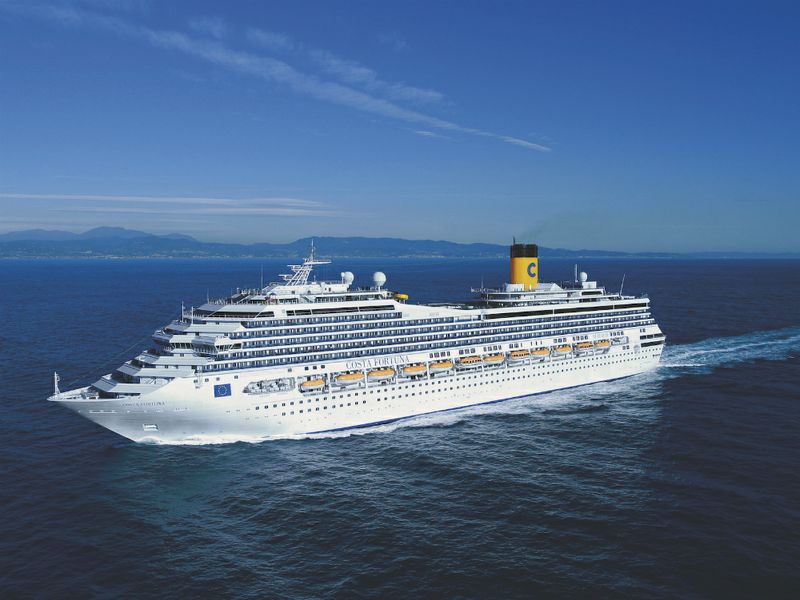The First Core Group on Tourism Meeting took place virtually onMonday, 31 August 2020. It was chaired by Mr Abdulla Saleh Bin Saleh Al Hammadi, Director of Tourism, Ministry of Economy, United Arab Emirates, and was attended by representatives of IORA Member States and Dialogue Partners.

Participants discussed the significant impact of COVID-19 on IORA Member States and Dialogue Partners industries which translated into significant losses in tourism revenue, jobs and increased unemployment, as well as public health and reduced cultural exchanges.
Sharing experiences and best practices
They also agreed to share experiences and best practices to combat and respond to COVID-19. This includes health and safety measures to manage the pandemic and industry specific measures to restart the tourism industry. To this end, the meeting tasked the Secretariat to request Member States and Dialogue Partners to share such information for further dissemination. Member States and Dialogue Partners’ tourism sectors noted signs of a gradual and cautious opening and lifting of restrictions, resumption of international flights, and enhanced safety and hygiene protocols as some of the measures being introduced to restart tourism.
Italy, together with France, Germany, Korea, and Turkey also attended the meeting as Dialogue Partners. In particular, the CGT agenda included a specific presentation by Italy, which was delivered by Minister Marco Ricci, Diplomatic Advisor for Tourism, Ministry for Cultural Heritage and Activities and for Tourism.
Boosting resilience and sustainability
Minister Ricci highlighted Italy’s support for IORA, and willingness to share experiences and best practices in responding and restarting the tourism industry. Italy expressed solidarity with all those affected by COVID-19, highlighting that Italy had been heavily challenged by the COVID-19 pandemic. With regard to the tourism sector, Minister Ricci pointed out that the Italian experience reported a non-homogenous picture in which cultural destinations and art cities were severely hit with losses of visitors up to 70% (compared to 2019). As a result, Italy had needed to rely mostly on domestic tourism, given that international destinations were practically impossible to reach due to travel bans. In Italy alone, tourism accounts for 13% of the GDP and 15% of the workforce, for this reason at the European level Italy is discussing an ambitious plan of support to boost the resilience and sustainability of the tourism sector. With a view to the aftermath of the COVID-19 pandemic, together with Europe, Italy is currently making progress in reopening and restarting their tourism sectors.
Sustainable Cruise Tourism: a priority area
In the Italian presentation, sustainable cruise tourism was also highlighted as a priority area for both IORA and Italy going forward, stressing that Italy stands ready to assist IORA through the provision of capacity building and training programmes. In the current context, there is a widespread perception that tourism will never be the same after Covid-19. The effects of the pandemic will surely modify the way we travel, the way we stay and the way we experience destinations and more than ever we have to be aware of the need for more sustainable tourism. There will be a growing demand for new skills, new tools and new strategic approaches.
The Cruise industry sector is one in which changes are already taking place. Italy has been the first country in which Cruises restarted operating with new rules and mechanisms. We think this is an important step to start regaining market confidence in a sector that – in Italy alone – covers 3% of the national GDP, employs over 120.000 workers and had a turnover of around 45 billion euro.
Working towards a webinar in October 2020
The CGT meeting welcomed Italy’s offer to support IORA’s sustainable cruise tourism sector through the hosting of a webinar in October 2020 and a training course for officials working in cruise tourism terminals.
In particular, the CGT welcomed the offers and looked forward to receiving detailed proposals regarding IORA’s involvement in: (i) an international advanced training course, to be organised by the institute CIHEAM of Bari, on “Tourism and Sustainable Development of Coastal Communities; (ii) Italy hosting a webinar on sustainable cruise tourism, possibly in October 2020, focusing on e.g. the impact of and responses to COVID-19, and cooperation to re-start and build confidence in the industry; and (iii) training of IORA officials working in cruise tourism terminals.
Sara Caspani

